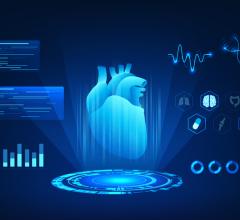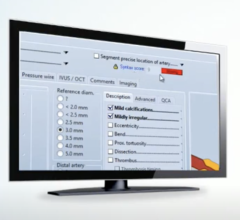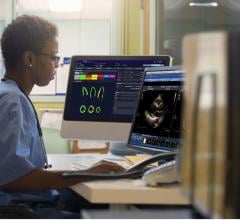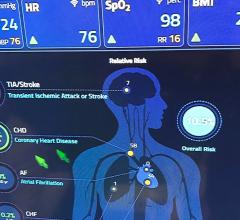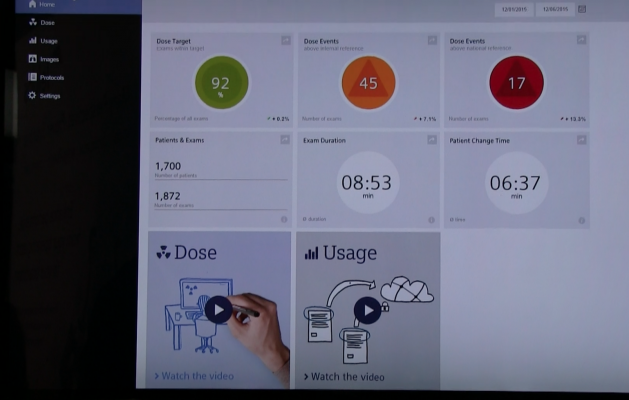
February 24, 2017 — At the 55th Annual Meeting for the Health Information and Management Systems Society (HIMSS), Siemens Healthineers announced its new Siemens Healthineers Digital Ecosystem platform. The platform is to foster the growth of a digital ecosystem linking healthcare providers and solution providers with one another as well as bringing together their data, applications and services.
In the Siemens Healthineers Digital Ecosystem, data from imaging, in-vitro diagnostics and medical documentation is combined and assessed. This data is generated by Siemens Healthineers customers who have agreed to participate in the ecosystem. Furthermore it will allow its users to exchange data and knowledge with other experts beyond their own institution.
Digitalization in healthcare is expected to drive the change towards widespread value-based care and dramatically reduced costs. Deep insights, i.e. into the clinical or operational performance of a healthcare facility, are essential for the digital transformation of healthcare. With its Digital Ecosystem, Siemens Healthineers plans to contribute to value-based healthcare by enabling fast, simple and seamless interaction between providers of data and knowledge.
Through the Digital Ecosystem, the company will provide its customers with aggregated data which are usable for different evaluations. For example, predictive analysis tools could enable users to discern new correlations and trends to help improve diagnoses and guide therapy choices. Global knowledge exchange is a very important instrument in medicine to improve patient care. The Siemens Healthineers Digital Ecosystem will allow experts to link and communicate with their peers worldwide, and healthcare providers can benefit from Siemens Healthineers’ expertise across clinical areas, including experience in data security in the healthcare market.
Because a digital ecosystem thrives if as many service providers as possible contribute to it, the Siemens Healthineers Digital Ecosystem comes with open application programming interfaces (APIs) to enable application developers to efficiently create, market and offer services. These services are then seamlessly integrated into a shared digital healthcare platform. Partner companies will be able to access a large pool of in-vivo and in-vitro data, and share their solutions with healthcare providers in markets all across the world.
The Siemens Healthineers Digital Ecosystem is based on Siemens’ cloud-based network teamplay. It brings together a number of additional platforms such as LifeNet or the Point of Care (POC) Informatics solution from Siemens Healthineers. Built on the Microsoft Azure cloud platform, it currently contains several million data records, providing, for example, insight into utilization levels of imaging devices in a clinic or the associated radiation doses. Because data security and privacy are taken very seriously, the cloud-based network offers different privacy levels to support compliance with local regulations.
Arterys, Dell EMC, SecondOpinions.com, Stroll Health, SyntheticMR, 3D Slicer, TMC, USARAD and Viewics have already agreed to provide applications and technologies for the Siemens Healthineers Digital Ecosystem, and the platform is open for additional partners.
At the conference in Orlando, Siemens Healthineers presented an initial prototype of its digital platform, with single-sign-on access to its partners’ applications and services. The platform is planned to be commercially available in the fall of 2017.
For more information: www.usa.healthcare.siemens.com

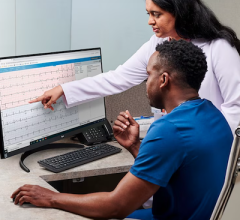
 November 06, 2025
November 06, 2025 
